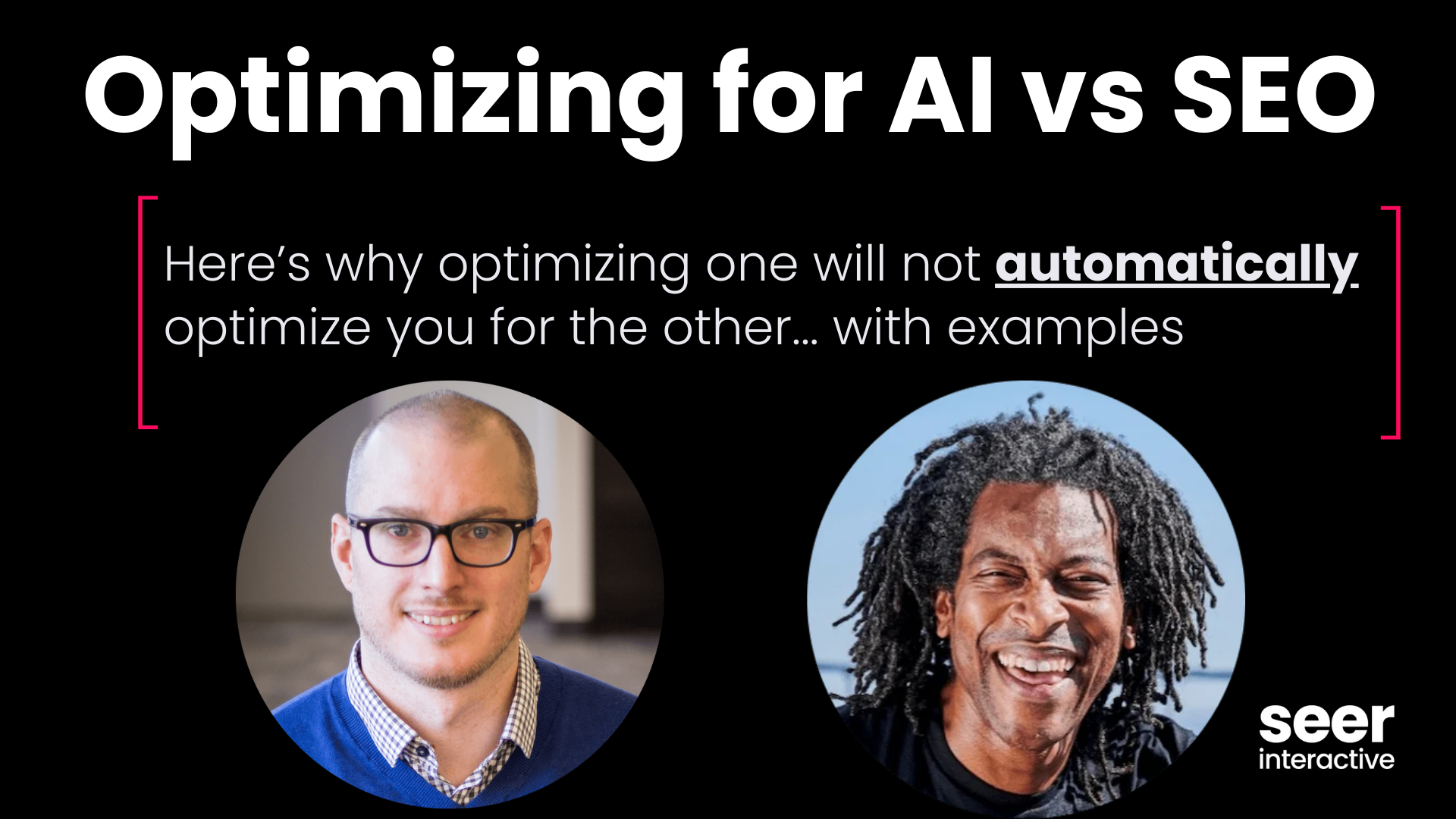Four steps to realize a positive ROI faster on your SEO program
We have all been told “SEO isn’t a sprint, it’s a marathon,” but not all marathons are completed at the same pace. As a 100th place half marathon runner, I can tell you that having the right foundation (training hours, long run miles, etc.) changes the result of your race. The same is true for an SEO program.
Before signing on the dotted line with an SEO partner, you will want to make sure that you have the foundation in place to give you your ideal results. The more solid your foundation, the faster you’ll be able to run.
1. Dedicate internal resources to manage the partnership
The title of this person (or persons) is less important than their ability and bandwidth to manage an SEO partnership.At minimum, their responsibilities while working with an SEO partner will be:
- Meeting with the SEO partner on a regular cadence
- Engaging with their SEO Partner via a communication tool in a timely manner
- Providing feedback on SEO recommendations
- Getting buy in from internal stakeholders like CMOs, VPs, and development teams to move forward on SEO recommendations
- Ensuring recommendations are implemented
A dedicated resource can ensure that the SEO program is leveling up to your business goals and that the right stakeholders are involved to get SEO recommendations approved and live on the site. The most common reason that organizations do not see the results they want from an SEO Partner is lack of implementation. Without open lines of communication and a cheerleader to see the recommendations through on the organization’s side, implementation rate is destined to be low or non-existent.
2. Allocate technical resources to implement SEO recommendations
Without technical resources, like developers, implementation rate of approved recommendations is going to be low.
That isn’t to say that your developers need to be dedicated to SEO. We understand that not all technical tickets are created equal. It is part of an SEO partner’s responsibilities to prove that their recommendations are going to drive value and help prioritize the SEO tickets in the development team’s queue.
However, without empowering your SEO Partner with access to development resources, oftentimes SEO recommendations will be deprioritized and slow to implement.
Before engaging with an SEO partner, ask them for the sights and sounds of their recommendations as well as what resources they’d expect would be needed to implement them. Asking these questions ahead of the partnership, can give your organization time to hire or reallocate resources to support the expected influx of dev tickets from SEO.
3. Provide onboarding materials
If you’re considering hiring an SEO agency, it is more likely that you want to work with them because they’re subject matter experts in digital marketing and not because they’re subject matter experts on your specific business. That being said, in order for your SEO partner to deliver recommendations that align with your business right out of the gate, you’ll need to provide some sort of onboarding information.
Sharing onboarding materials, like you would share with a new hire, can help your SEO partner get up to speed faster in understanding the nuances of your business. At minimum these resources should cover any nuances in the lines of business, services, or products that your organization offers. For example, if there is known seasonality for one of your products or there is something people tend to get wrong about your business, this is important information that your SEO partner needs to consider as they’re building out their strategy and project plan.
This upfront work can help streamline the recommendation process because it will mitigate the risk of an SEO recommendation not-aligning with your business. This will cut down on the back and forth between your SEO partner’s recommendations and key stakeholders' feedback - allowing your SEO program to run faster.
4. Establish a measurement tool to hold the partnership accountable
Without a measurement tool like Google Analytics, Adobe Analytics, or Piwik Pro, it will be difficult to properly measure progress to goals.
If a measurement program isn’t in place, an SEO partner will not be able to easily tell whether what they're doing is impacting your goals. Although there are third party tools that an SEO partner may have access to like Ahrefs or SEMrush, third party tools only provide estimated organic traffic and do not contain any information on organic conversions.
Without access to a source of truth (an organization’s own measurement tracking system), this can ultimately lead to the SEO program running off course - costing both time and resources.
If you do not have a measurement tool in place, do not fret, that is something that a digital marketing agency can consult on and help you with.
Achieving an SEO PR
Every organization is going to be different in terms of what they need to have success in an SEO program. However, at a base level, what an organization puts into an SEO relationship will determine what it gets out of one. If you establish the right foundation by putting the right resources and tools in place to support an SEO engagement, you’ll achieve an SEO PR.
Want more posts like this? Subscribe to the Seer Newsletter:



